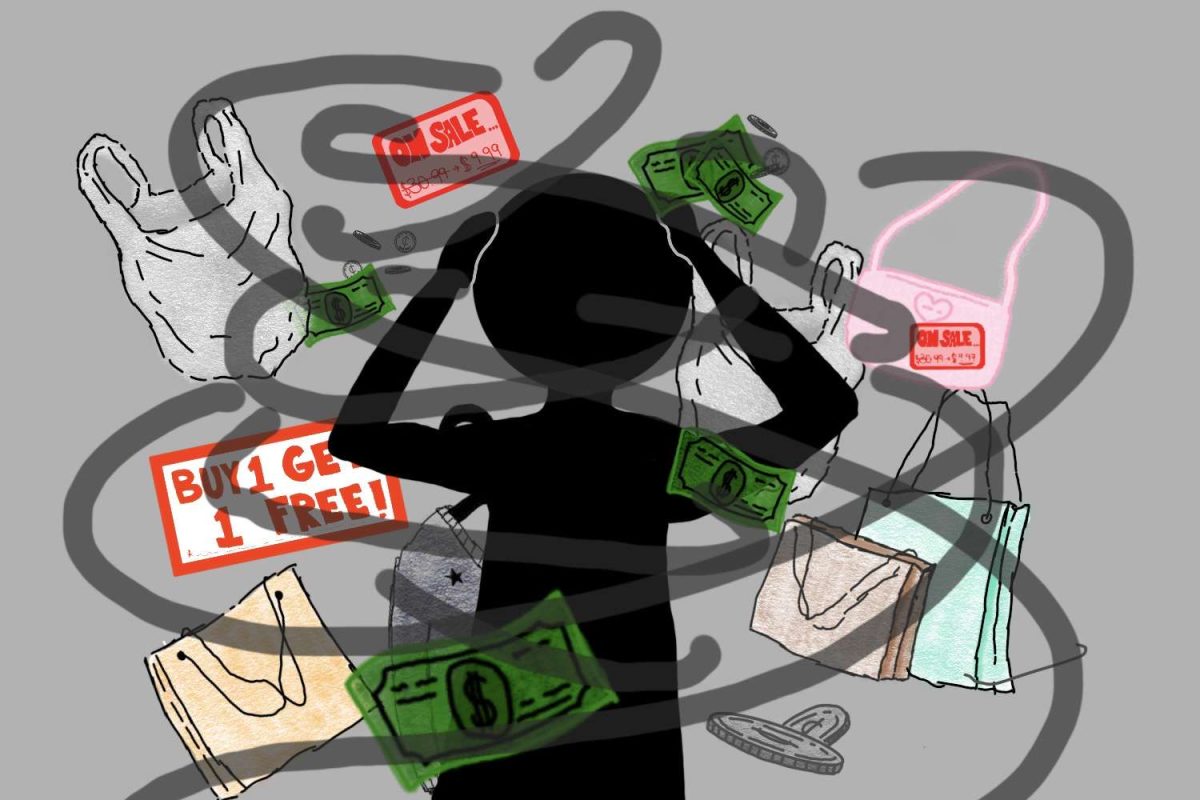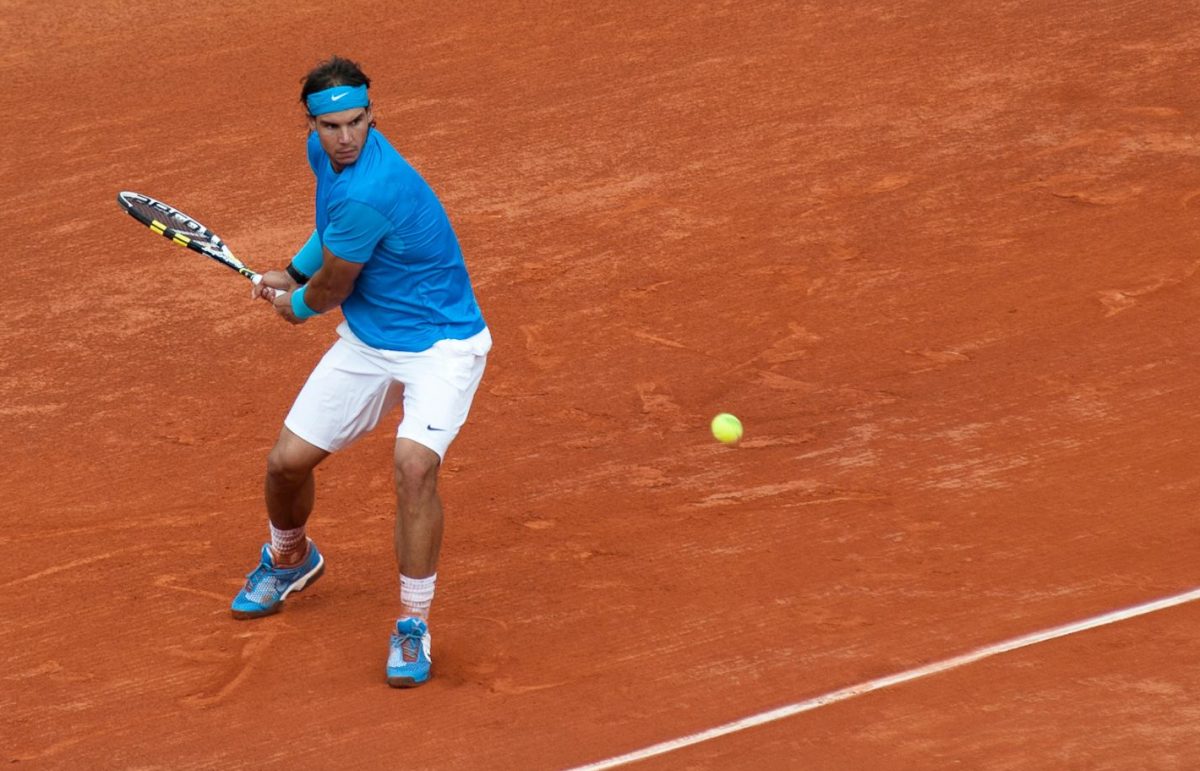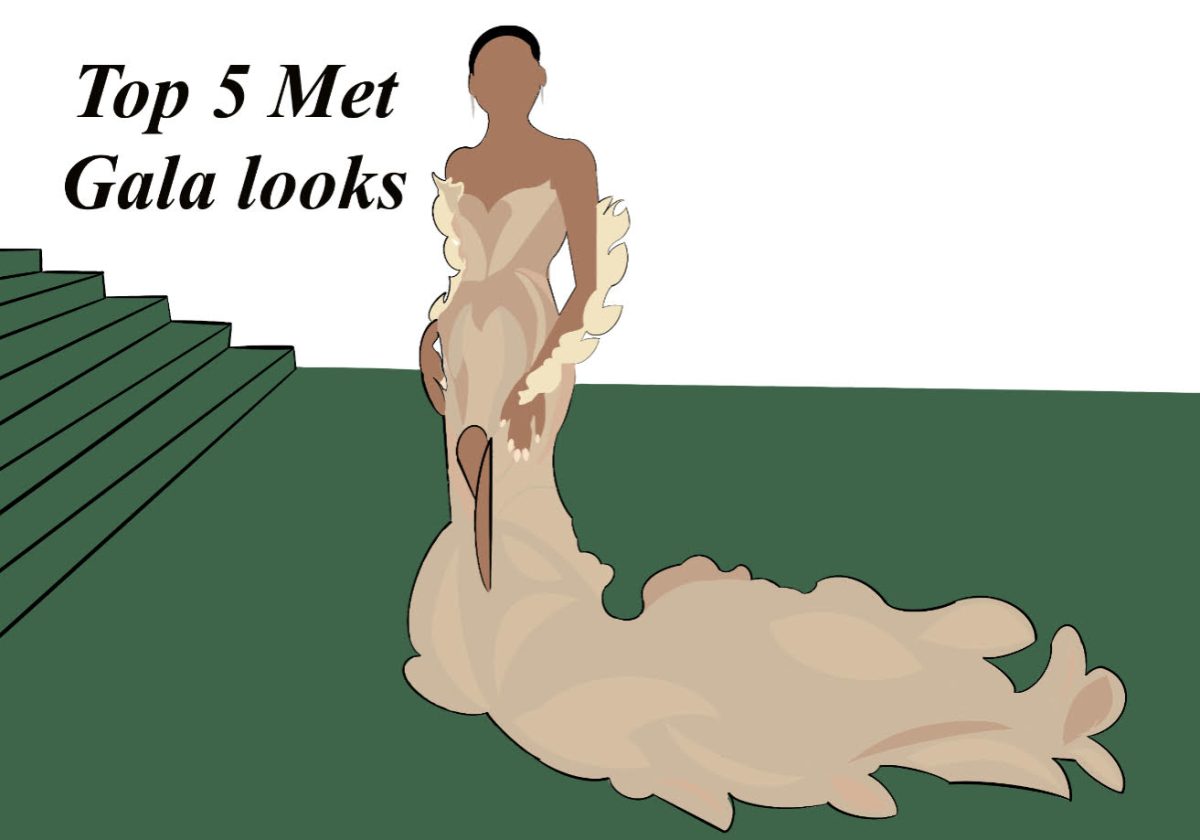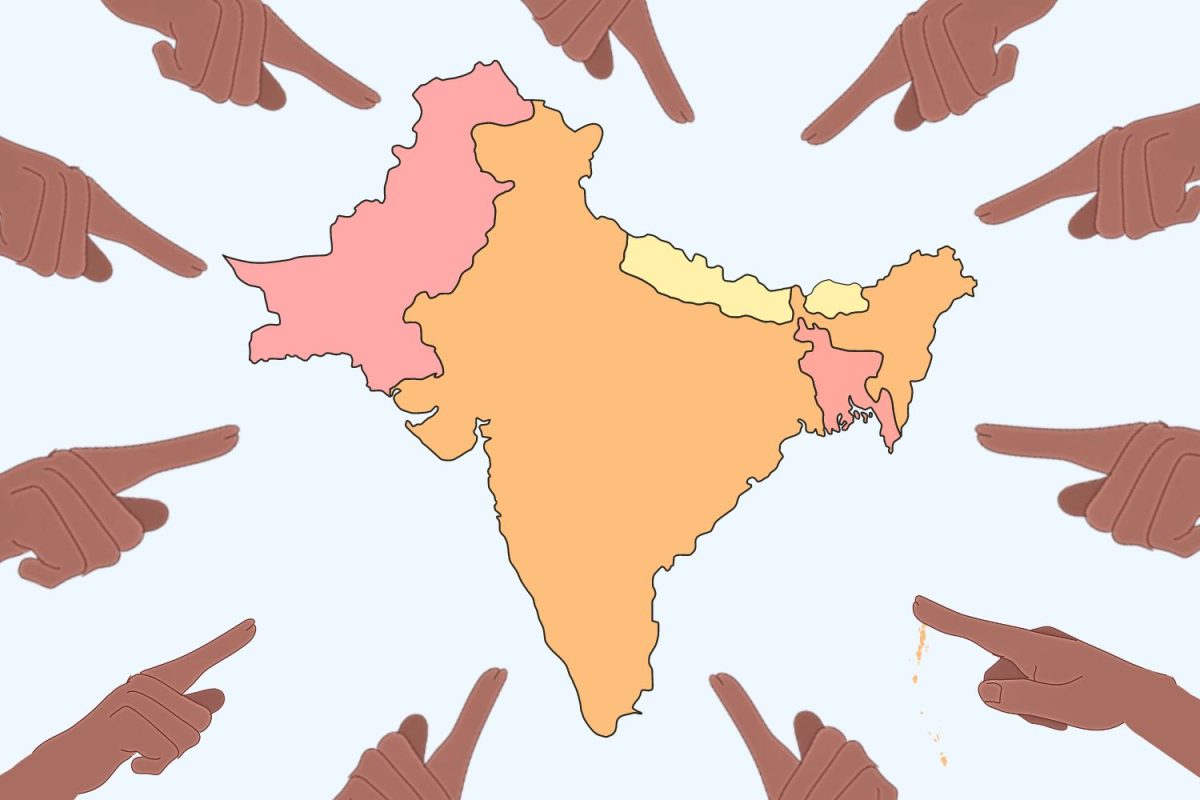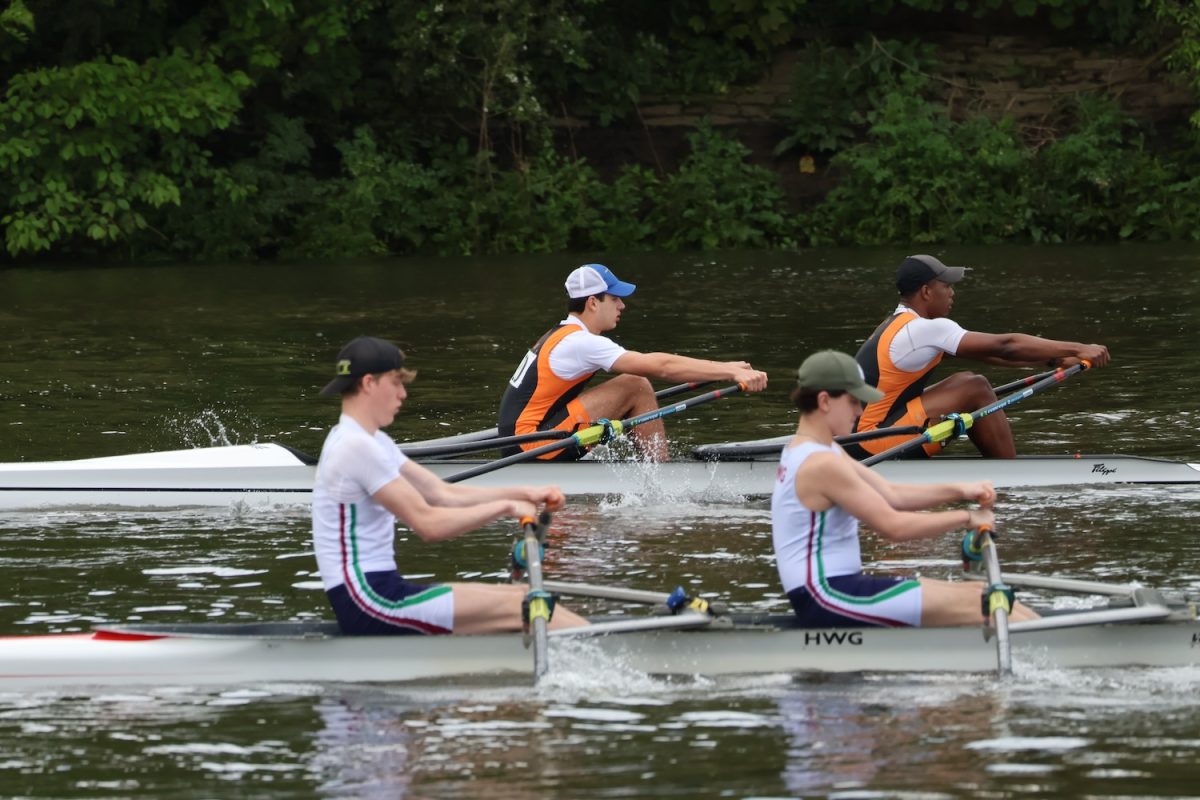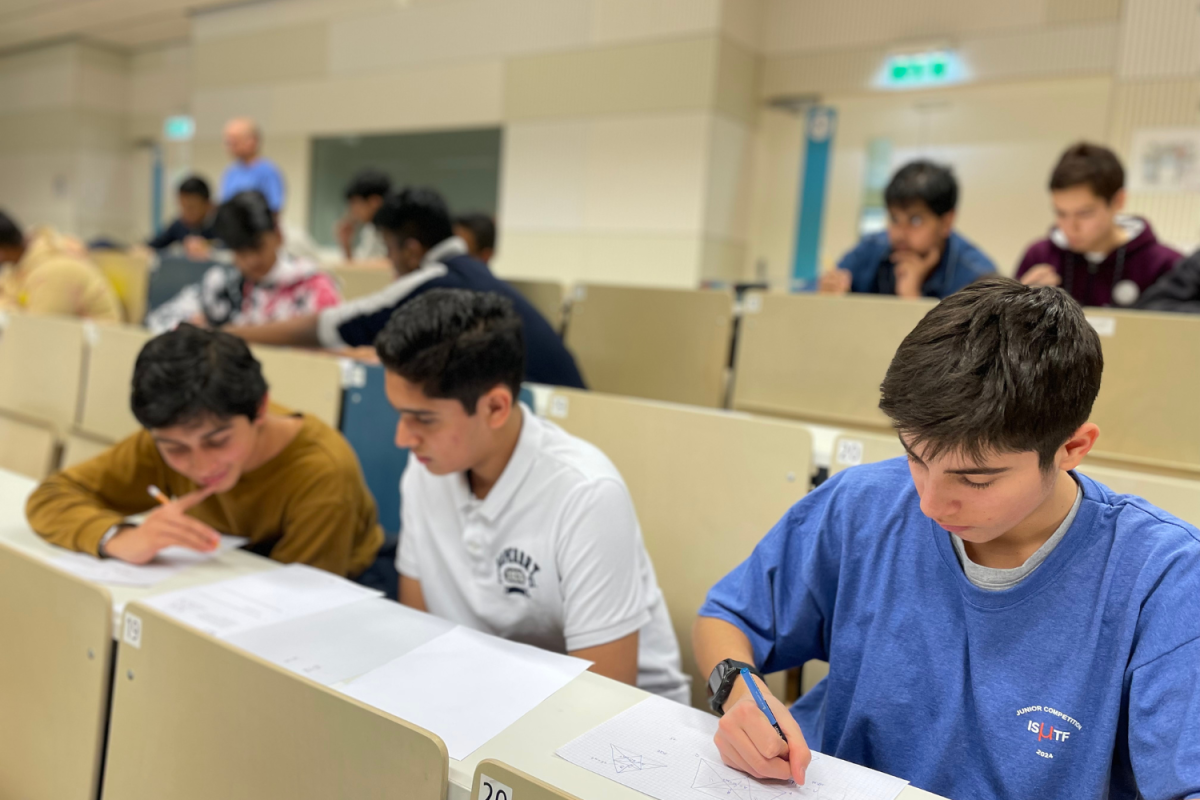Over the past school year, High School students have participated in math competitions, including the U.K. Maths Trust, International Schools Mathematics Teachers Foundation and, for the first time, the Harvard-MIT Math Tournament. The competitions have ranged from in-house exams to ones held abroad.
Math Teacher Neil Basu said student involvement in math competitions has remained relatively consistent, though he has noted an increase in interested upperclassmen each year.
“This year’s junior and senior classes, in particular, have a lot of students who are quite interested, but I can remember some years back where that was really true as well,” Basu said.
Additionally, Basu said the increased implementation of activities and organizations focused on promoting involvement in math has excited student participation in competitions.
“Math club seems really vibrant as well,” Basu said. “Every Monday, there’s a really good community of kids there, and that helps spur students to want to take competitions as well.”
Rian Puri (’26) said participating in both the ISMTF Junior and UKMT this year has allowed him to “test what he is really curious about” in a competitive setting.
Furthermore, Puri said the emphasis on problem-solving skills in competitions will prepare him for a future career in math.
“That kind of experience building up now is going to help me further do that kind of thing in university when you’re given just a single problem to research over a long period of time,” Puri said.
Olivia Holmberg (’25) said the team-oriented environment at the Harvard-MIT Math Tournament differed from most competitions she previously attended and felt the collaborative atmosphere was encouraging, especially in such a “high pressure” setting.
“It was more of a team-based competition, and working with another group of people was sort of different because [in] most of the other competitions, you sit in a room silently doing a test,” Holmberg said. “It was really fun working in a team because you all have different strengths, and seeing where everyone’s strengths lie was interesting.”
Holmberg also said competitions instill constructive rivalry among students that push them to strive for success.
“[Math tournaments] spark competition, but it’s pretty healthy,” Holmberg said. “We do sort of compete against each other, but it really just pushes us to actually prepare more for the tests instead of creating animosity.”
While some contests are tailored for higher-level mathematicians, Basu said the UKMT is designed for a diverse population and can be a helpful resource for students with less experience.
In addition, Basu said differences in the British and American curricula can create further obstacles when solving competition problems.
“In their [British] math curriculum, they just do more geometry for more years, so there’s more advanced geometry on those,” Basu said. “Whereas, because we pack geometry into a class, a one-year class, we don’t get as advanced but we do more proof writing.”
Moreover, Puri said he uses a wide array of resources to prepare for contests.
“Usually, I would just try to get as much volume of different problems as I can, both from the
competition or also from other problem-solving books and or more difficult math books,” Puri said.
Basu said math competitions serve as a platform for students to meet others from different schools, expanding their social circle beyond those they initially attended with.
Echoing Basu, Puri said the interactions with new people in a competitive environment are notably different from a typical school context, fostering opportunities to forge deeper connections with others.
“I was able to work and talk with people from other schools who have similar interests as me as well,” Puri said. “Everyone had different experiences as well and different levels of math and different interests which made it all a very good experience.”
Ultimately, Basu said innovation is crucial when it comes to tackling challenging math problems.
“I love that math competitions spur students to be innovative and creative,” Basu said. “[Students] take the things that they’ve learned and put them together in new and different ways.”




